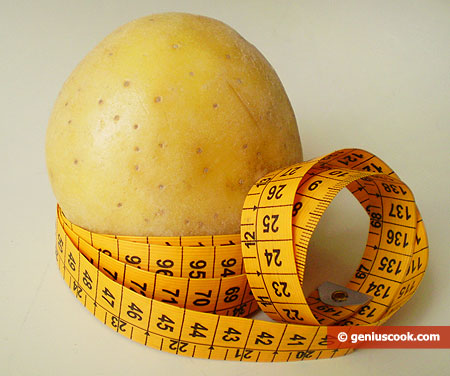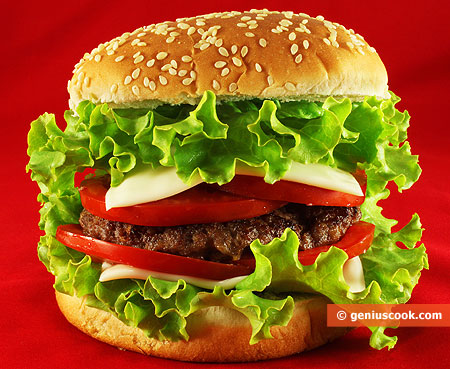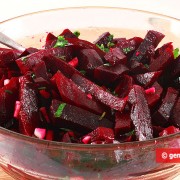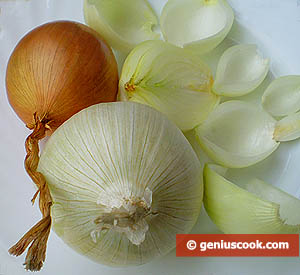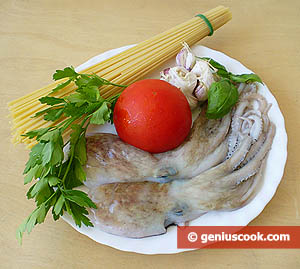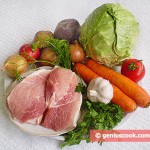Beet
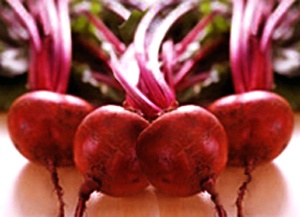 Beet is just a fount of vitamins and minerals, it is perfect for various diets. The pectins contained in beet are able to neutralize toxic substances, which are generated in the gastrointestinal tract and link salts of heavy metals. Beet has more iodine than many other vegetables.
Beet is just a fount of vitamins and minerals, it is perfect for various diets. The pectins contained in beet are able to neutralize toxic substances, which are generated in the gastrointestinal tract and link salts of heavy metals. Beet has more iodine than many other vegetables.
Betaine is one of the most valuable biologically active substances, which is important for the metabolism. It is synthesized only in beet. Betaine actively participates in the protein metabolism, stimulates capillary strengthening, lowers the blood cholesterol level, acts as a hypotensor. This substance also regulates the fat balance, prevents the fatty liver. It also prevents malignant tumours. Scientists have notices, that those living in countries, where beet is enough consumed, suffer from large bowel cancer much more seldom.
- Ferment Betaine, organic acids and cellulose increase the peristalsis of bowels and have a soft purging effect.
- Chronic constipation sufferers, especially old people, are recommended to eat boiled beet daily (100-150 g.). The same is recommended to those suffering from atherosclerosis and thyrotoxicosis (intoxication as a result of thyroid gland disfunction).
- Boiled beet is also a diuretic.
- Beet should also be eaten by those having low haemoglobin level. Beet contains microelement cobalt, which is used by the organism to synthesize vitamin B, which together with folic acid participate in the formation of erythrocytes.
The juice of this vegetable is also very healthy. This is the most valuable beverage for the formation of globules and the improvement of the blood. The juice is used for reducing the blood pressure, during menopause and menstrual disorders. Beet juice is also healthful for atherosclerosis, hypertension, anaemia (as it stimulates the formation of erythrocytes), poisoning. But this juice should be consumed only a little and diluted with something.

